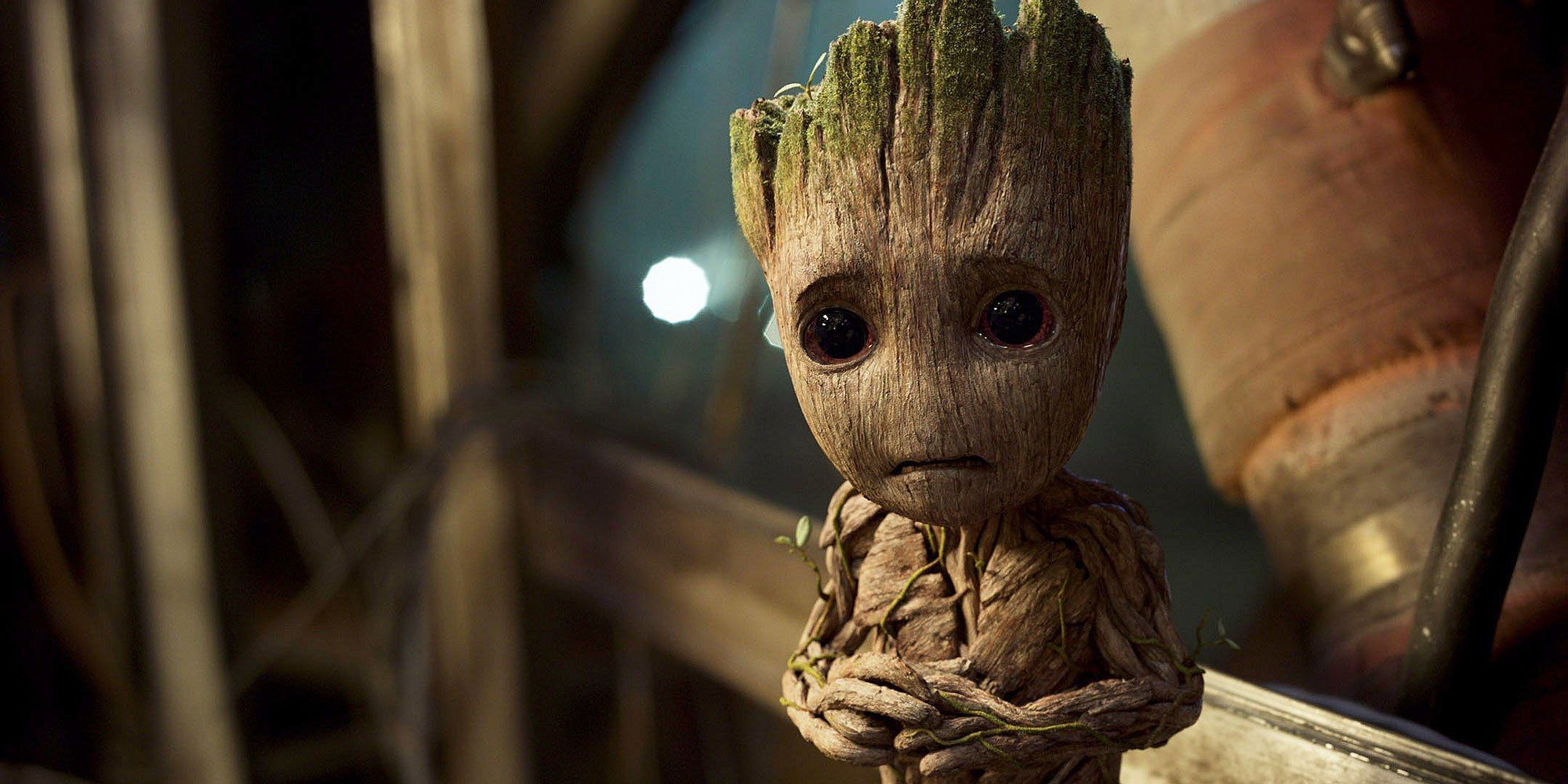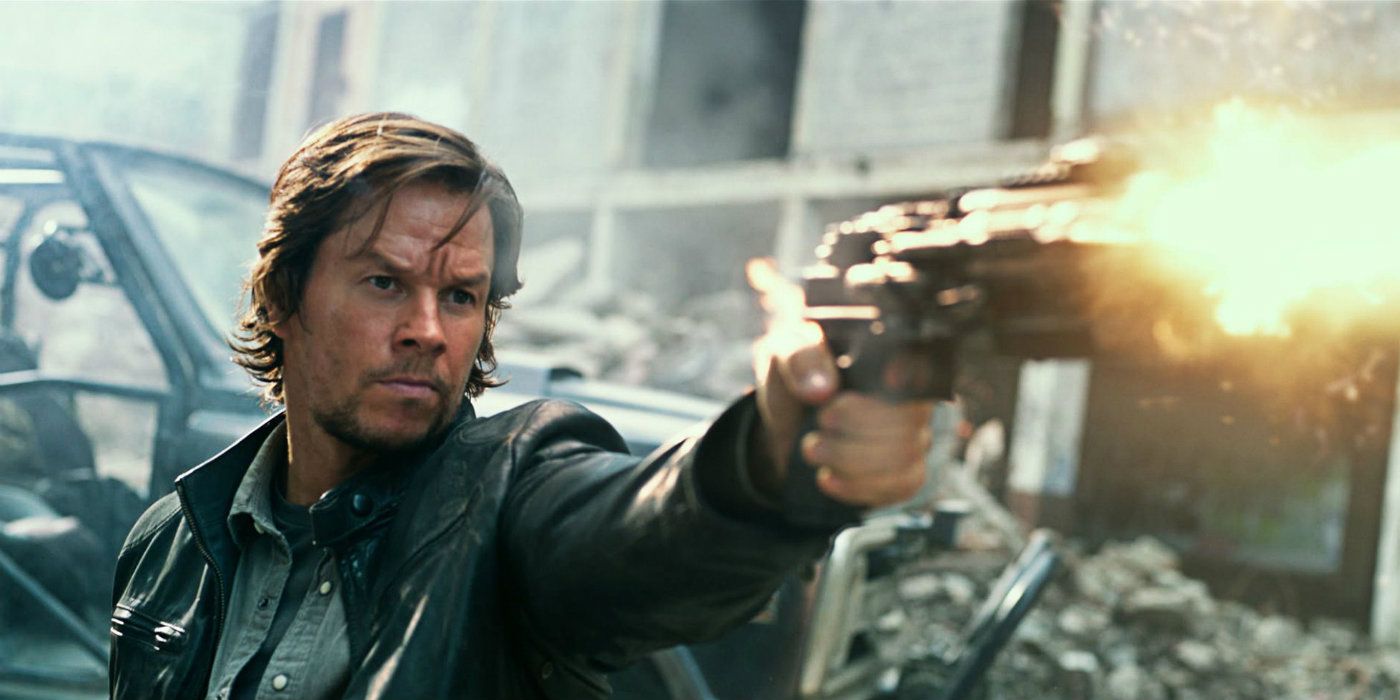Despite the presence of several high-profile blockbusters that will open over the next few months, early word is that the final box office total for this summer will be the lowest for the film industry in a decade. As the calendar flips to the warmer months, the multiplex heats up with the arrival of big-budget productions from key franchises like Marvel and DC. Just this past week, Guardians of the Galaxy Vol. 2 debuted to a stellar $145 million, and the likes of Wonder Woman and Cars 3 are expected to do strong business as well. For all the perceived locks, however, there are some sizable question marks, including Sony's adaptation of The Dark Tower and this month's King Arthur: Legend of the Sword.
One of the issues with the summer blockbuster season is that there are so many projects vying for a similar audience, and with rising ticket prices, viewers have to become more selective about what they actually go out to see. Over the past few years, the box office has become a little top heavy - with a handful of movies (namely, those from Disney) seeing great returns and the rest left fending for scraps. It seems like that pattern will continue this year, as earnings are expected to decrease to a point Hollywood hasn't seen in 10 years.
In a new report from the Los Angeles Times, it's stated that industry insiders believe summer box office grosses (a period that spans the first weekend of May until Labor Day) will end up being 5-10 percent less than they were a year ago. That could make the final haul for the four months as "little" as $4 billion, the lowest total since 2007.
Studios' over-dependence on recognizable franchises seems to be the catalyst for this development, as even executives who stand to turn a pretty penny from their films' successes feel things have gotten out of hand. Chris Aronson, head of domestic distribution for 20th Century Fox, suggested casual viewers may be put off by a weaker slate of movies this year, referencing the impending premieres of fifth entries in the Pirates of the Caribbean and Transformers franchises. An anonymous producer went so far as to call the situation "depressing":
“Man, this is depressing. It is just entirely sequels and franchises, and something’s got to give.”
2016 was noteworthy for big hits like Finding Dory and Captain America: Civil War, but there were a number of series installments that failed to live up to the heights of their predecessors last year, implying that franchise fatigue is a real issue that will have to be dealt with eventually. Word-of-mouth spreads quickly now with the rise of social media, which can sink a movie's prospects fast if it isn't up to par. Additionally, movies face stiff competition in the form of television and streaming entertainment, which at times offer more compelling (and original) stories than the ones that grace the silver screen. Some people would rather stay at home and be treated to rewarding narratives for free than pay to see more of the same. This is why the international box office has become so important. Films that are non-starters domestically can turn a profit thanks to global audiences.
It will be interesting to monitor this situation moving forward and what changes become of it. Given the rise of the shared universe as a prominent business model (with many studios planning out slates of films years in advance), it's unlikely anything too drastic will happen in the immediate future. Still, we could be entering a period of survival of the fittest - where only the most profitable tentpoles survive (even if that's just two or three properties) and the companies without a reliable thriving cash cow are left scrambling to figure something else out. Several years ago, Steven Spielberg predicted the bubble would burst soon, and he could prove to be prophetic.
Source: LA Times


